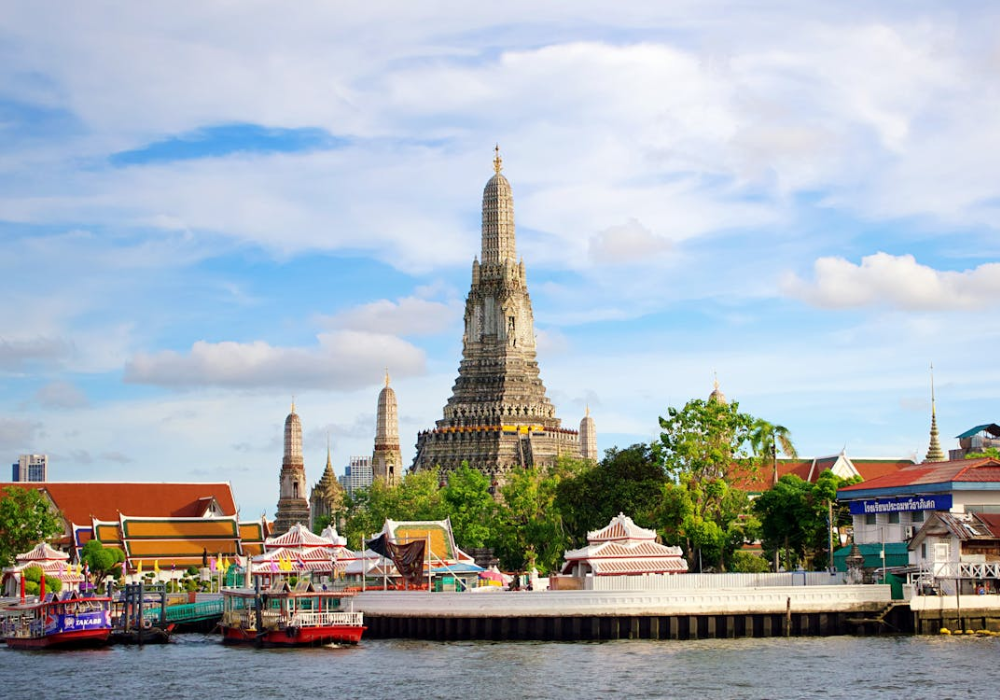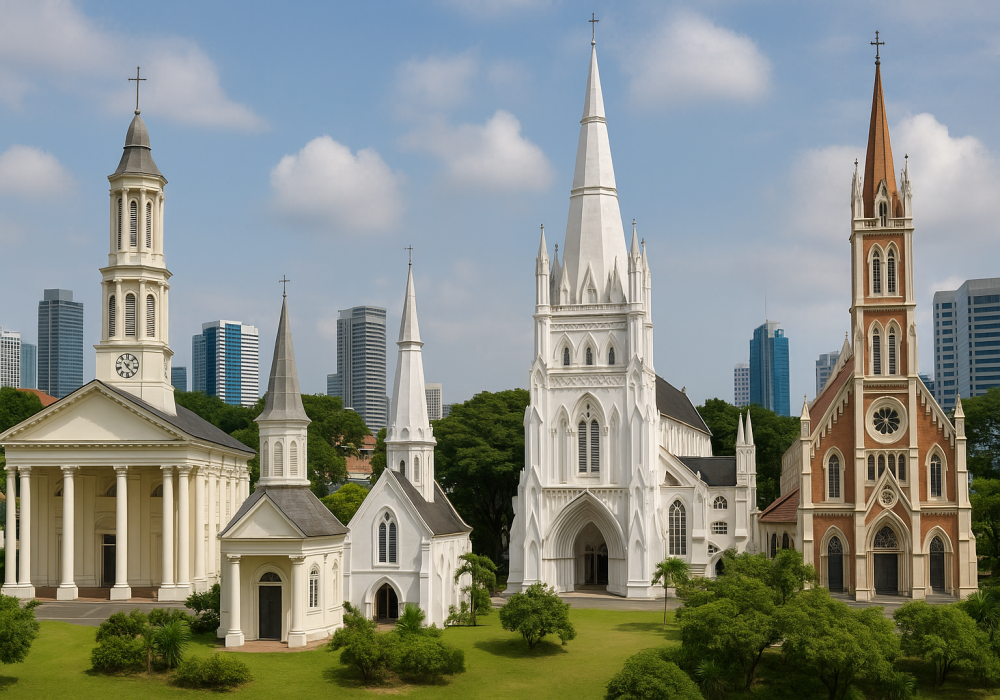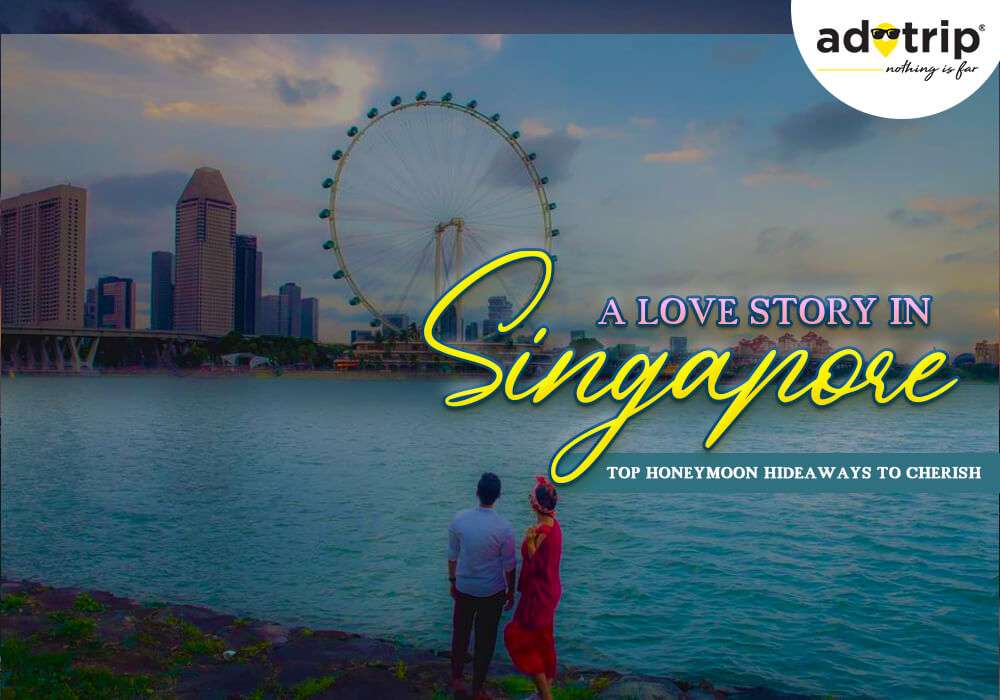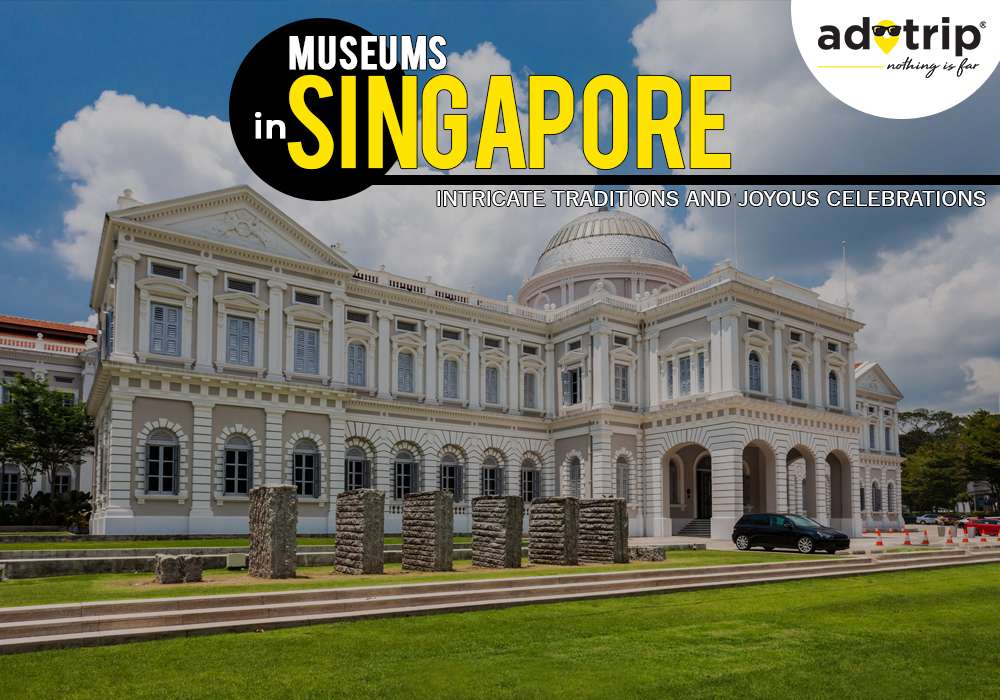
Last Updated At: 07-Feb-2025
4 Languages Spoken in Singapore 2025: A Multilingual Nation
Nestled in the heart of Southeast Asia, Singapore is a vibrant city-state that serves as a crossroads of cultures. Its unique blend of ethnicities, traditions, and histories has shaped a rich linguistic landscape. In this article, we explore the official languages of Singapore, the diverse array of languages spoken, and the significance of multilingualism in this cosmopolitan city-state.
List Of Top 4 Languages In Singapore
- Historical Context | Tracing Time's Footprints
- Official Languages of Singapore | Bridging Cultures, Speaking Unity
- Languages Spoken in Singapore | Voices of Diversity
- Multilingualism | Harmony in Tongues
Historical Context | Tracing Time's Footprints
Language diversity in SG can be traced back to its colonial history. Over the centuries, the island was influenced by different powers, including the Malay Sultanate, the British Empire, and Japanese occupation during World War II. Each colonial era brought with it new languages and cultural influences.
Due to British colonisation, English gradually became the language of administration, business, and education. Meanwhile, Malay became the national language, representing the ethnic identity of the indigenous Malays and fostering a sense of unity among the various racial communities.
Read More : Places To Visit In Singapore
Official Languages of Singapore | Bridging Cultures, Speaking Unity
Singapore acknowledges four official languages: English, Malay, Mandarin, and Tamil. These languages reflect the multicultural nature of its society and the historical influences that have shaped the nation. Each language holds a special place in the fabric of Singaporean identity.
1.English: The Lingua Franca
English serves as the lingua franca of Singapore. This is the language utilised in administration, education, and business settings. Introduced during British colonial rule, English has become deeply ingrained in the daily lives of Singaporeans. Its widespread usage has opened doors to global opportunities and fostered intercultural communication.
Also Read : singapore itinerary
2.Malay: The National Language
Malay, the national language of Singapore, embodies the country's Malay heritage. Rooted in the region's history, the Malay language and culture have significantly shaped the national identity. While Malay is not the most commonly spoken language, it holds symbolic importance and learning Malay in SG is vital to preserving the cultural heritage of Singapore.
3.Mandarin: A Bridge to the East
Mandarin, a Chinese dialect, holds immense importance due to Singapore's substantial Chinese population. It is Singapore's second most commonly spoken language and is widely used in business, commerce, and social interactions. Mandarin acts as a bridge connecting Singapore to its Chinese roots and facilitating communication with other Mandarin-speaking nations.
Also Read : top tourist attractions in singapore
4.Tamil: Nurturing Cultural Ties
Tamil, a language originating from South India, is another official language of Singapore. It is spoken by the Indian community, which comprises a significant portion of the population. Tamil serves to preserve cultural traditions, foster a sense of belonging, and maintain ties with the Indian diaspora.
Although Tamil is the mother tongue of the Indian community, special centres outside of schools offer lessons in other Indian languages that are widely spoken in Singapore, such as:
- Hindi
- Punjabi
- Bengali
- Urdu
- Gujarati
Languages Spoken in Singapore | Voices of Diversity
Beyond the official languages, Singapore boasts a remarkable diversity of languages spoken due to its multicultural composition. The city-state is home to various ethnic communities with distinct languages and Singaporean dialects.
Read More : Famous Festival of Singapore
1.Chinese Dialects: A Linguistic Tapestry
Singapore's Chinese population speaks various dialects, including Hokkien, Teochew, Cantonese, Hakka, and Hainanese. These dialects are a testament to the rich heritage of the Chinese community and their ancestral roots. While Mandarin unifies the Chinese population, the dialects serve as a means of preserving cultural identity and are still spoken within their respective communities.
2.Malay Dialects: Bridging the Generations
Besides Malay, Singapore's Malay community also speaks a variety of Malay dialects, such as Javanese, Buginese, and Minangkabau. These dialects connect older generations to their cultural heritage and serve as a form of cultural expression within the community. While their usage has diminished over time, efforts are being made to preserve these dialects and pass them on to future generations.
3.Indian Languages: A Tapestry of Diversity
Singapore's Indian community is a mosaic of diverse cultures and languages. Alongside Tamil, other Indian languages, such as Hindi, Punjabi, Bengali, and Malayalam are spoken. These languages act as a bridge between generations, allowing families to maintain connections, traditions, and cultural practices.
4.Mandarin in Singapore: The Language of Opportunity
Mandarin holds immense economic significance in Singapore. Its widespread usage in business and trade has led to a growing demand for Mandarin language education. Many Singaporeans, regardless of their ethnic background, recognise the importance of Mandarin in seizing opportunities in the global marketplace. As a result, Mandarin language proficiency is highly valued and actively pursued.
Multilingualism-Harmony in Tongues
The multilingual nature of Singapore is not merely a reflection of its diversity but rather a way of life. Singaporeans grow up navigating between different languages and dialects effortlessly. Communicating in multiple languages enhances intercultural understanding, fosters social cohesion, and promotes inclusivity in this multilingual city SG.
Singapore's commitment to multilingualism is evident in its education system. Bilingualism is a cornerstone of education, with students learning English and their mother tongue. This approach preserves cultural heritage and equips individuals with the necessary language skills to thrive in a globalised world.
Additional languages from various origins spoken in Singapore
Singapore, a megapolis with an incredibly diverse population, is home to various foreign languages reflecting its multicultural nature.
The Singaporean population primarily comprises four main ethnic groups:
- Chinese (74.3%)
- Malay (13.4%), which includes Malay and Indonesian people.
- Indian (9%), encompassing Indian, Pakistani, Bangladeshi, and Sri Lankan individuals.
- Other (3.2%) included Eurasians, Caucasians, Japanese, Filipino, and Vietnamese people.
The country's four official languages are represented by these primary ethnic groups: Chinese, Malay, Tamil, and English. However, languages spoken in SG go beyond these official languages.
Furthermore, the megapolis accommodates over 1.6 million non-resident individuals who work or study in the state without having permanent residence. The main sources of immigration are Malaysia, China, Hong Kong, Macau, Indonesia, and, to a lesser extent, Europe. Consequently, several foreign languages are commonly spoken in Singapore, including:
- French
- German
- Japanese
- Arabic
Singapore's linguistic landscape reflects its rich cultural tapestry, encompassing a wide range of languages from different parts of the world.
Discover the Multicultural Marvel of Singapore! Immerse yourself in its diverse languages, explore its unique dialects, and experience the warmth of a multilingual city. Book your Singapore adventure with Adotrip.com now and embark on a journey of language diversity like never before! Let the diversity of languages of Singapore mesmerise you.
With us, nothing is far!
Book Singapore Tour Packages
FAQ’s
Q1. What are the official languages of Singapore?
A1. The official languages of Singapore are English, Malay, Mandarin, and Tamil.
Q2. What percentage of Singaporeans speak English?
A2. English is widely spoken in Singapore and is one of the official languages. As of my last update in September 2021, more than 80% of Singaporeans are proficient in English.
Q3. Is Mandarin a widely spoken language in Singapore?
A3. Yes, Mandarin is widely spoken in Singapore, particularly among the Chinese population. It is one of the four official languages and is taught in schools.
Q4. Are many Singaporeans multilingual?
A4. Yes, many Singaporeans are multilingual. Singapore's multilingual policy encourages citizens to be proficient in their mother tongue and English, which fosters a multilingual society.
Q5. What languages are taught in Singapore's education system?
A5. In Singapore's education system, students are typically taught their mother tongue language (e.g., Chinese, Malay, or Tamil) and English. These language subjects are part of the core curriculum.
Q6. What is Singlish?
A6. Singlish refers to Singaporean English, a unique variety of English influenced by various languages spoken in Singapore, such as Malay, Chinese dialects, and Tamil. It incorporates elements of these languages and has distinct grammar and vocabulary. Singlish is widely used in informal settings and is integral to Singaporean culture.
Q7. Is Malay commonly spoken in Singapore?
A7. Yes, Malay is commonly spoken in Singapore. It is one of the official languages used as the national language.
Q8. Is Tamil used frequently in Singapore?
A8. Tamil is used frequently in Singapore, especially among the Tamil-speaking Indian community. It is one of the official languages, and schools instruct students in it.
Q9. How many languages are spoken in Singapore?
A9. Singapore is a linguistically diverse country, and numerous languages are spoken due to its multicultural population. While English, Malay, Mandarin, and Tamil are the official languages, other languages and dialects, such as Hokkien, Cantonese, Teochew, and Punjabi, among others, are spoken by various ethnic groups.
Q10. Does English serve as the common language between different communities?
A10. Yes, English serves as the common language between different communities in Singapore. It is used as a lingua franca for communication among people of different ethnic backgrounds and is widely understood across the country.
--- Published By Adotrip
Latest Blogs

Russia Student Visa Guide for Indian Applicants

Harvest Festivals of India You Can’t Miss This Fall

Why Historic Churches at Tourist Sites Are Investing in Smar...

Secure Your Health in Thailand with Long-Term Coverage











.png)
 Dubai
Dubai Malaysia
Malaysia USA
USA





